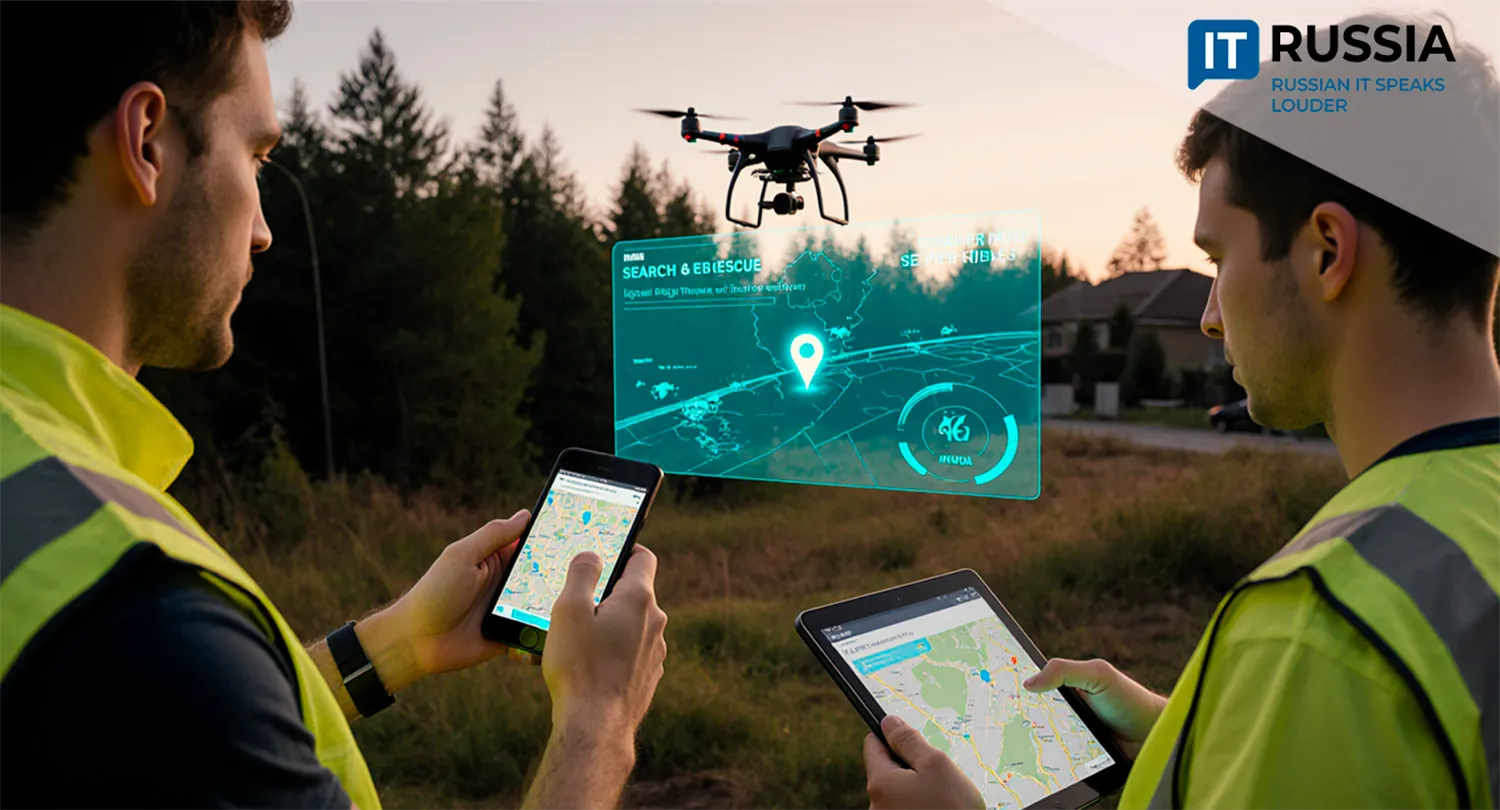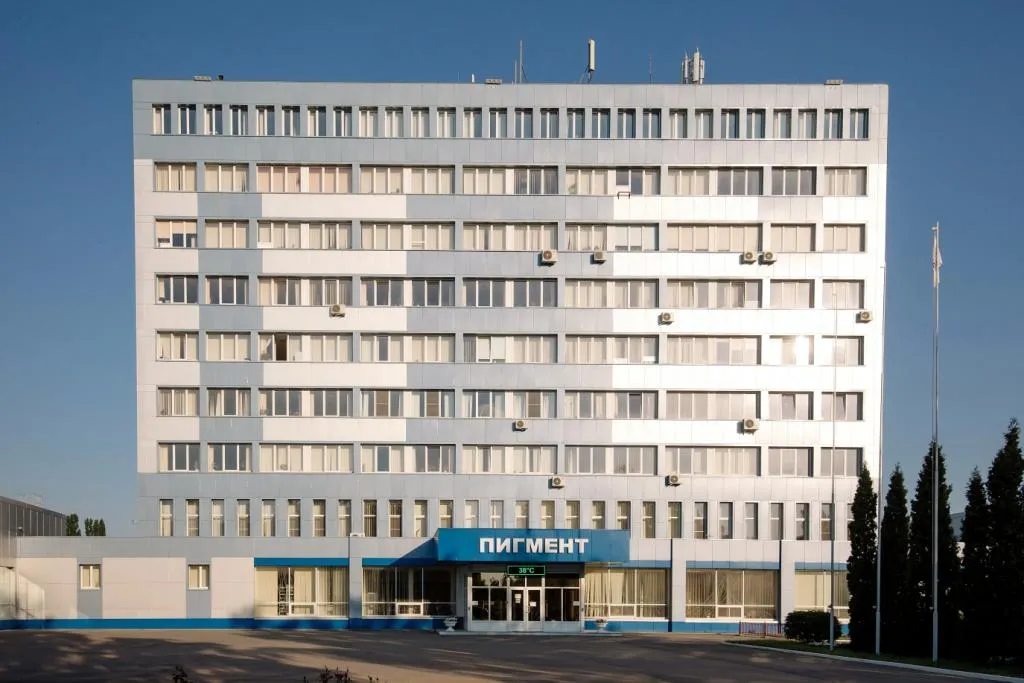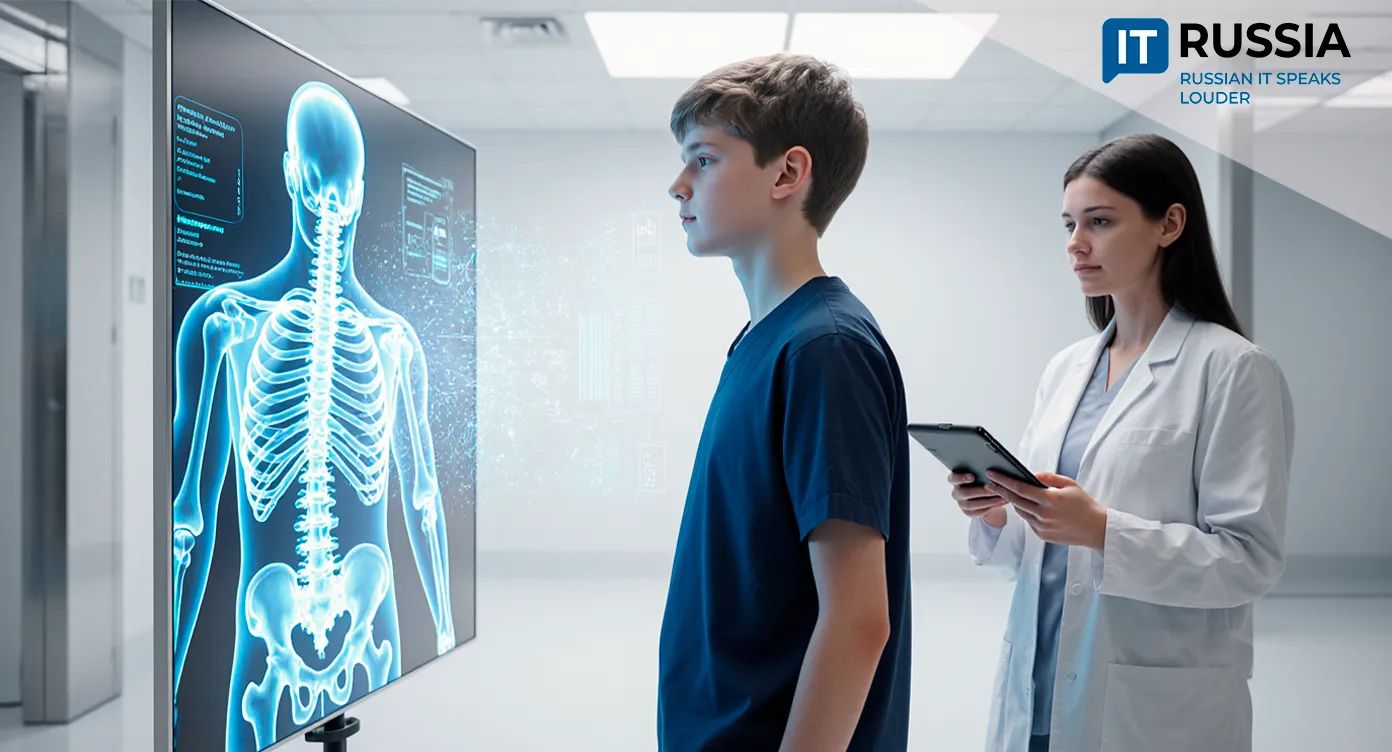X-Ray Vision: Russia’s Medgital Vision System Successfully Tested in India
For the first time, Russian artificial intelligence has been applied in brain surgery. Researchers from St. Petersburg tested an advanced version of the Medgital Vision surgical navigation system, combining AI and augmented reality, in a hospital in Chennai, India.
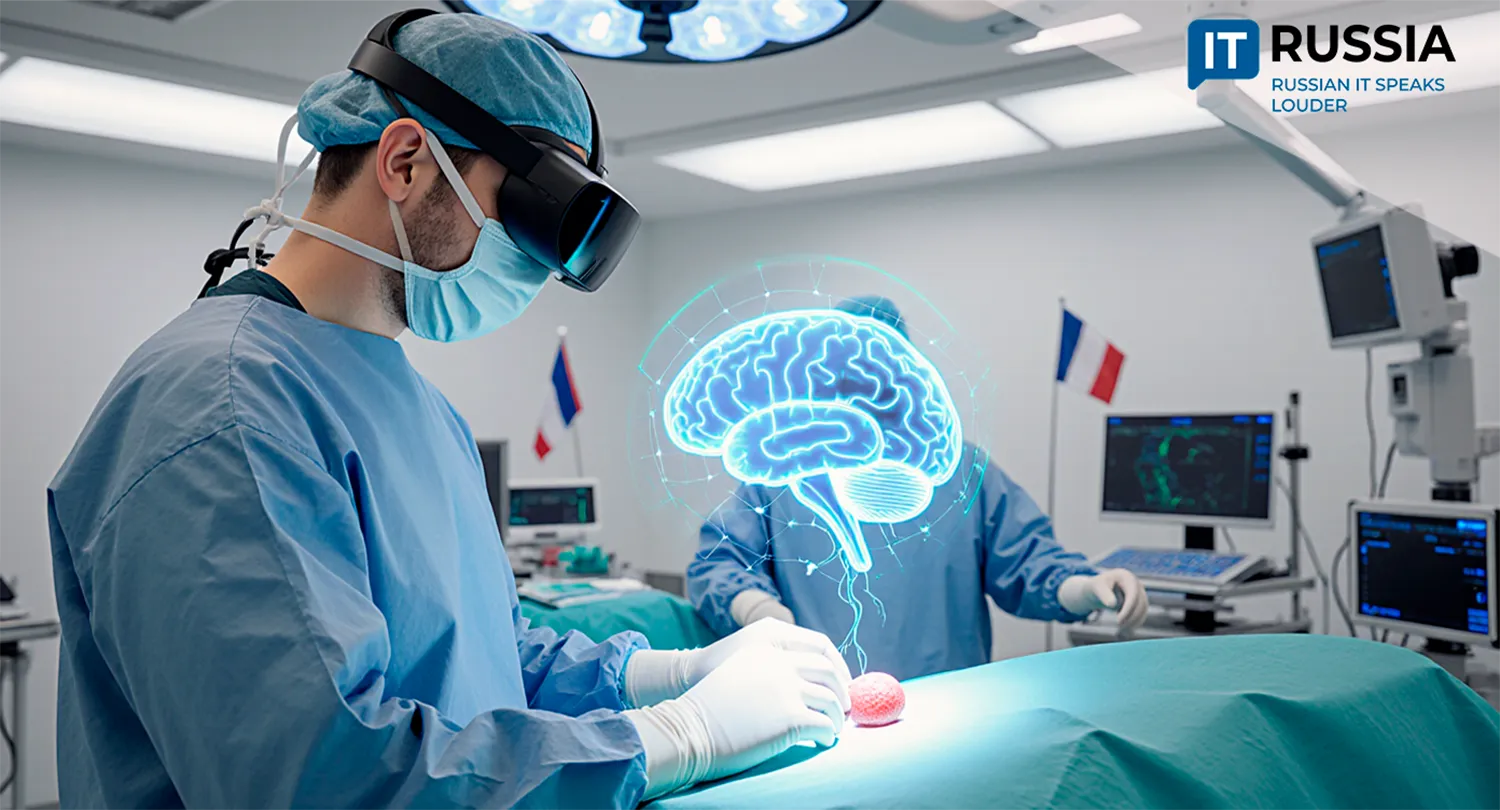
A Technology Transforming Surgery
In a specialized hospital in Chennai, surgeons performed one of the most complex brain operations. The neurosurgeon carried out delicate manipulations with maximum concentration, never looking away from the surgical field. At the same time, he could clearly see what the human eye normally cannot: a web of blood vessels, the placement of critical nerve nodes, and the exact boundaries of a tumor. This “X-ray” ability is not science fiction but a reality made possible by a Russian innovation.
Once again, Russian science has proven its global standing. This time, the breakthrough came from the Peter the Great St. Petersburg Polytechnic University. Its Medgital Vision system, based on artificial intelligence and augmented reality, was successfully tested in collaboration with Indian neurosurgeons under the leadership of Professor Vladimir Ivanov.

From Monitor to Hologram
The essence of this technology, already reshaping medicine, lies in a fundamentally new approach to surgical navigation. Neurosurgery today is no longer just about the dexterity of a surgeon’s hands—it is the fusion of human expertise and advanced technologies. Navigation systems that allow surgeons to orient themselves inside the body with precision are the gold standard. But they long suffered from a drawback: surgeons had to constantly shift their gaze from the field to a separate monitor displaying MRI or CT scans. This break in attention extended surgeries and introduced risks of error.
Medgital Vision eliminates this problem. It is not merely an update but a new philosophy of surgery. The system combines computer vision and machine learning algorithms to construct high-precision 3D models of MRI data, including the brain’s most intricate structures. These models are then projected in real time directly onto the surgical field through AR glasses or a display. The surgeon gains “X-ray vision,” seeing tumors, vessels, and nerve nodes as though they were on the surface. The system also tracks surgical instruments, aligning them with the hologram, enabling unprecedented accuracy and minimizing risks.
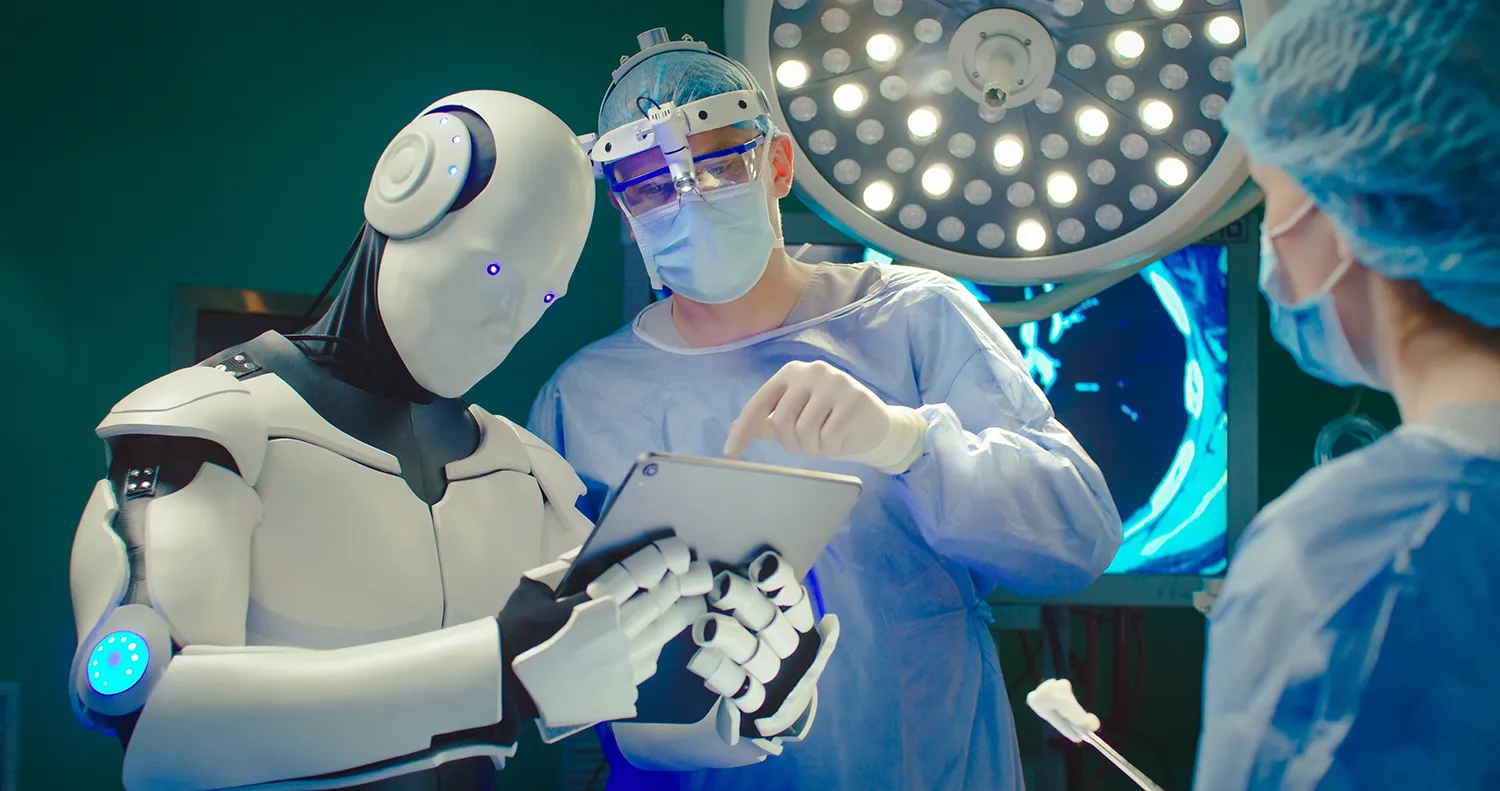
From St. Petersburg to India—and Beyond
Success in India is not an isolated case but part of a broader international expansion. This is not the first recognition of Medgital Vision. In 2023, the first surgeries with the system took place in Turkey and Belarus. In 2024, the system won top awards at China’s prestigious HICOOL and ITECH competitions, proving its competitiveness in the world’s most advanced tech markets. By 2025–2026, deployment is planned in clinics in Mexico and Ecuador, along with the establishment of a permanent office in India. These milestones show that the global healthcare market urgently needs such solutions—and is willing to trust Russian technologies.
Benefits for Russia and the World
For Russia, the significance of this success is enormous. First, it demonstrates that the country is capable of creating advanced medical technologies with strong export potential, not merely importing them. Second, it reinforces the role of SPbPU and Russian science as global leaders in applied research at the intersection of AI and biomedicine. Most importantly, it promises real benefits for patients. When deployed in Russian hospitals, systems like Medgital Vision could dramatically enhance the safety, quality, and efficiency of neurosurgical procedures for thousands of people.

As Professor Vladimir Ivanov emphasized, expanding internationally is not just a commercial goal but a crucial step in validating the technology. Each new integration in a leading clinic generates invaluable data for refining AI algorithms. The success in India is not an endpoint but a confident beginning toward a future of fully automated surgical planning—where Russian innovations will set the tone. It is a clear example of how the nation’s intellectual resources contribute to global medicine, saving lives and shaping a better future.



